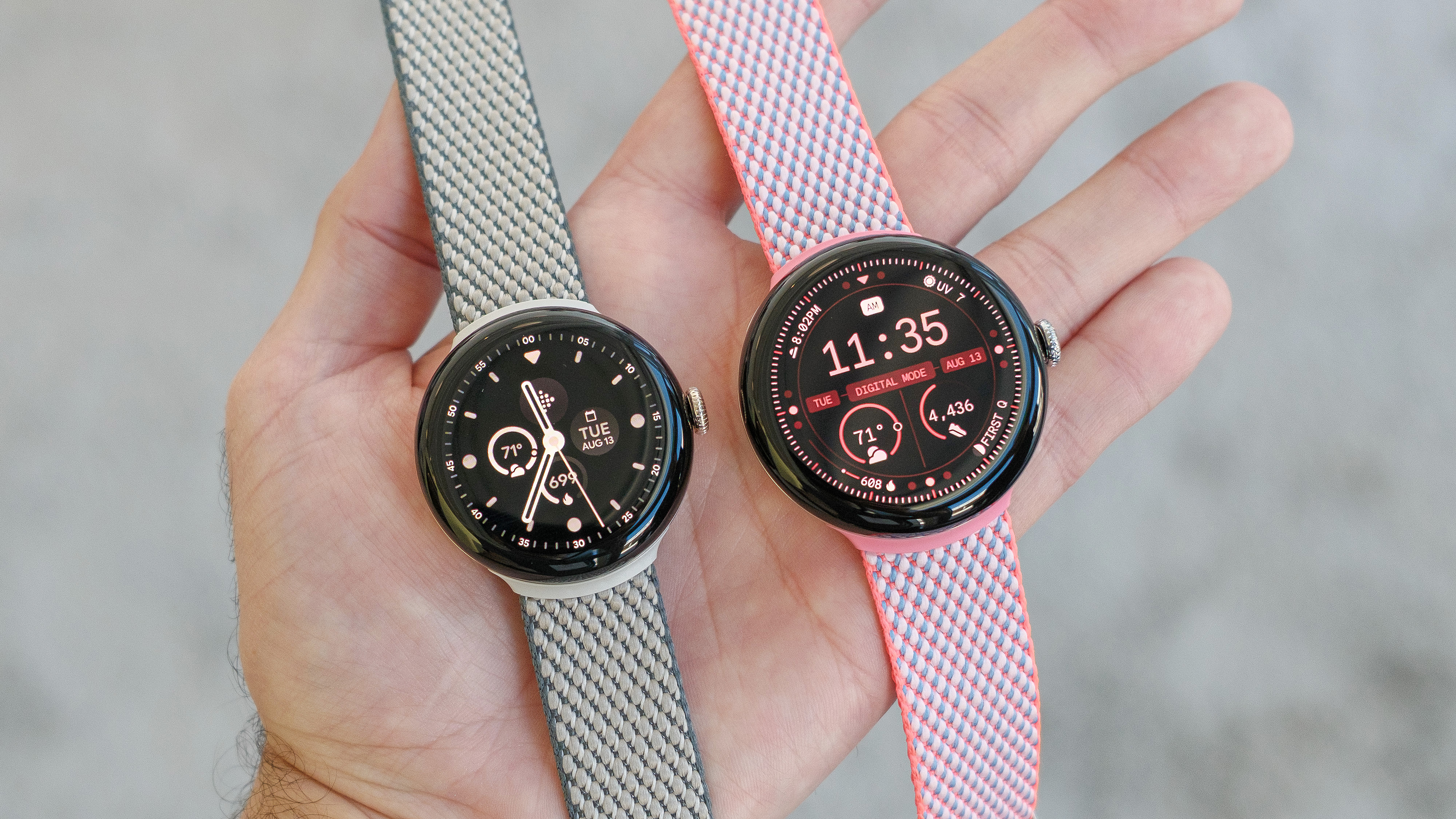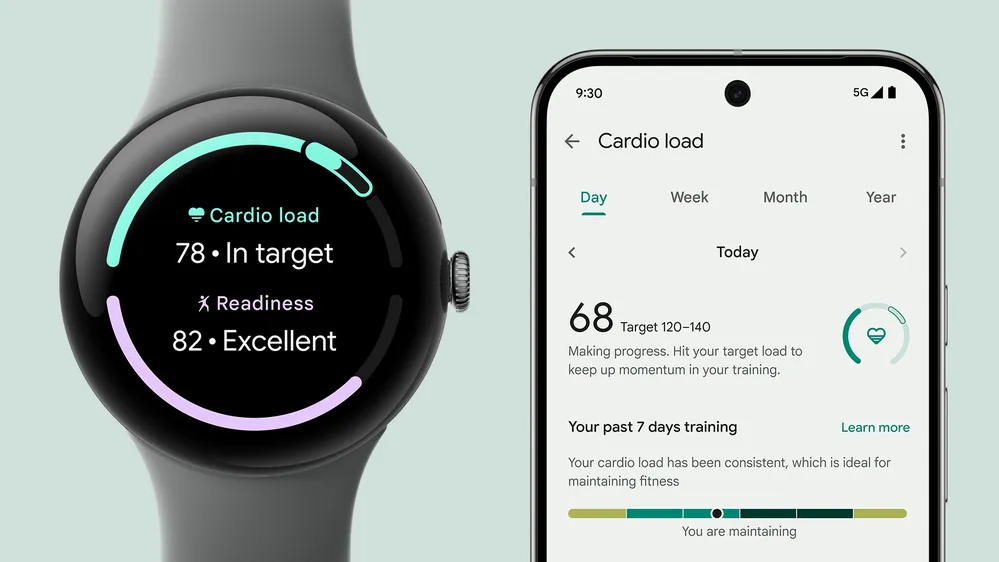One of the Pixel Watch 3’s best fitness features is coming to older Google and Fitbit smartwatches
Cardio and Target Load are now available on more watches

Older Google and Fitbit smartwatches are getting a major upgrade, with the training load management features introduced on the Pixel Watch 3 being rolled out to a wide range of devices.
Cardio Load and Target Load will now be available on any Google or Fitbit device that supports Fitbit’s Daily Readiness feature. The full list of supported devices is listed below, and it includes some of the best Fitbits like the Inspire 3, Versa 4 and Charge 6, and both the Pixel Watch and Pixel Watch 2.
The new features can help you manage your training load so you get fitter without risking burnout. The Cardio Load feature measures the work done by your heart throughout the day, both through workouts and general activity. Target Load gives you a score to aim for in the day based on recent activity. Both features tie into the Readiness score, which estimates how prepared your body is to tackle intense exercise each day.
All of the compatible devices will now have access to the Cardio Load and Target Load stats, along with Readiness score, without needing a Fitbit Premium subscription, which is a welcome move from Google away from locking useful stats behind a paywall.
Supported devices
Here's the full list of Pixel and Fitbit devices that will support the Cardio Load and Target Load features:
- Pixel Watch 3
- Pixel Watch 2
- Pixel Watch 1
- Fitbit Charge 6
- Fitbit Charge 5
- Fitbit Versa 4
- Fitbit Versa 3
- Fitbit Versa 2
- Fitbit Sense 2
- Fitbit Sense
- Fitbit Luxe
- Fitbit Inspire 3
- Fitbit Inspire 2
How To Use Cardio Load and Target Load

Cardio Load and Target Load are training load management features designed to help you judge the effort to put into your training and gauge the stress on your body. This kind of training load advice is a common feature on the best sports watches, and Apple also introduced training load to its smartwatches with the watchOS 11 update this year.
Google’s training load features go beyond Apple’s, however, in that they advise on how hard to train through the Target Load feature. This score is based on tracking your long- and short-term training load and gives a target that keeps those two metrics balanced.
Sign up to get the BEST of Tom's Guide direct to your inbox.
Get instant access to breaking news, the hottest reviews, great deals and helpful tips.
For example, if you’ve been unable to train regularly for a few weeks you won’t be given a very high Target Load for that day, because your body might not be ready for the impact. The Cardio Load and Target Load features will help you increase your training safely so you get fitter without pushing too hard.
Is this the end of Fitbit Premium?
Google recently moved Fitbit’s readiness score from behind the Fitbit Premium paywall and made it available to all users, and with Cardio Load and Target Load coming in as well it indicates that key features on Google and Fitbit devices will no longer require a subscription going forward.
This would be a very welcome change because having to pay for a subscription to access stats and insights measured by the watch or fitness tracker you already spent hundreds of dollars on has always felt wrong to me.
There are still some insights locked behind the Fitbit Premium paywall, including advanced sleep stats and personalized running form metrics, but having the Readiness score available to all users is a big improvement in the user experience with Fitbit and Google devices.
More from Tom's Guide

Nick Harris-Fry is an experienced health and fitness journalist, writing professionally since 2012. He spent nine years working on the Coach magazine and website before moving to the fitness team at Tom’s Guide in 2024. Nick is a keen runner and also the founder of YouTube channel The Run Testers, which specialises in reviewing running shoes, watches, headphones and other gear.
Nick ran his first marathon in 2016 after six weeks of training for a magazine feature and subsequently became obsessed with the sport. He now has PBs of 2hr 27min for the marathon and 15min 30sec for 5K, and has run 13 marathons in total, as well as a 50-mile ultramarathon. Nick is also a qualified Run Leader in the UK.
Nick is an established expert in the health and fitness area and along with writing for many publications, including Live Science, Expert Reviews, Wareable, Coach and Get Sweat Go, he has been quoted on The Guardian and The Independent.
